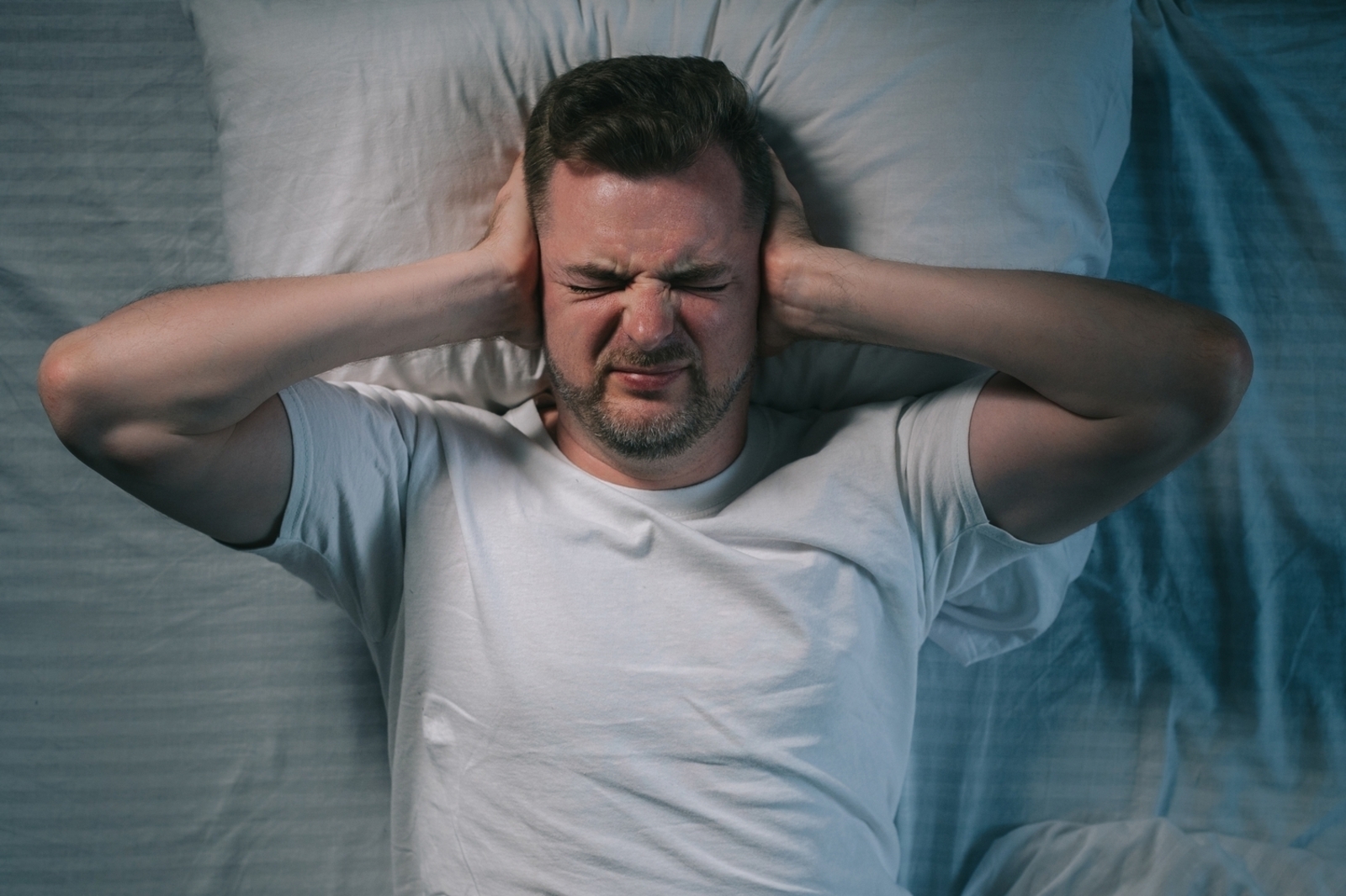
5 Ways to Relieve Migraines at Night
And Treatment Medications that Help
Migraines can be a real pain, especially when they hit at night and disrupt your precious sleep. Luckily, there are several ways to tackle these nocturnal nuisances. Whether you prefer natural remedies or need a little pharmaceutical assistance, we’ve got you covered. For those who lean towards medication, options like Qulipta, Advil, Tylenol, Excedrin, Motrin, Nurtec, Rimegepant, or Ubrelvy can be effective. Let’s dive into some strategies to help you get a restful night despite the migraine menace.
1. Create a calming bedtime routine
Establishing a calming bedtime routine can work wonders in preventing nighttime migraines. Start by winding down at least an hour before bed. This means turning off screens, dimming the lights, and perhaps indulging in a warm bath. A consistent routine signals to your body that it’s time to relax, reducing the chances of a migraine flaring up. Consider adding some gentle yoga or meditation to your evening ritual to further ease tension and stress.
2. Watch what you eat and drink
What you consume in the evening can have a significant impact on your likelihood of experiencing a migraine at night. Avoiding caffeine and alcohol in the hours leading up to bedtime is a smart move. Instead, opt for herbal teas like chamomile or peppermint, which can soothe and relax your body. Be mindful of your dinner choices too; foods rich in tyramine, like aged cheeses and processed meats, can trigger migraines for some people. Keeping a food diary can help identify any personal dietary triggers.
3. Optimize your sleep environment
Creating a migraine-friendly sleep environment is key to minimizing nighttime attacks. Ensure your bedroom is cool, dark, and quiet. Investing in blackout curtains and a white noise machine can help block out disturbances. A supportive mattress and pillow that align with your sleep posture can also make a difference. If you’re sensitive to smells, keep your room free of strong scents, and consider using a diffuser with calming essential oils like lavender.
4. Stay hydrated throughout the day
Dehydration is a well-known migraine trigger, so it’s crucial to maintain adequate hydration throughout the day. Aim to drink plenty of water and keep a glass by your bedside for easy access at night. If plain water doesn’t appeal to you, try infusing it with slices of cucumber or citrus fruits for a refreshing twist. Staying hydrated not only helps prevent migraines but also contributes to overall health and well-being.
5. Explore medication options
Sometimes, despite your best efforts, a migraine might still rear its ugly head. In such cases, medication can be a lifesaver. Over-the-counter options like Advil, Tylenol, Excedrin, and Motrin can provide relief for mild to moderate migraines. For more severe cases, prescription medications like Qulipta, Nurtec, Rimegepant, or Ubrelvy might be necessary. It’s important to consult with a healthcare professional to determine the best treatment plan for your specific needs. They can help you navigate the options and find the most effective solution. Nighttime migraines can be a frustrating experience, but with the right strategies and treatments, you can significantly reduce their impact. By establishing a calming bedtime routine, being mindful of your diet, optimizing your sleep environment, staying hydrated, and exploring medication options, you can take control of your nighttime migraines. Remember, it’s always best to consult with a healthcare professional to tailor these strategies to your individual needs and ensure you’re on the right track to restful, migraine-free nights. Sweet dreams!


